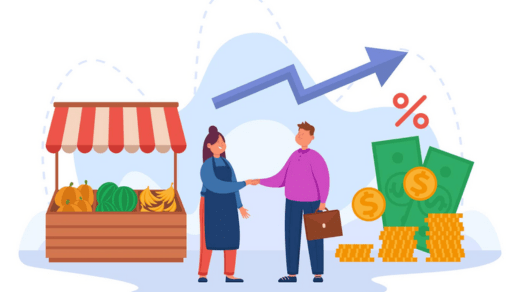Certainly! Here’s a comprehensive guide to mortgages for first-time homebuyers, including 30 points covering the pros and cons:
Mortgage 101: A First-Time Homebuyer’s Guide to Loans
Introduction: Buying a home is a significant milestone, and understanding mortgages is crucial for first-time homebuyers. This guide provides a comprehensive overview of the mortgage process, including its advantages and disadvantages.
Types of Mortgages:
- Fixed-Rate Mortgage: Offers a stable interest rate and consistent monthly payments over the life of the loan.
- Adjustable-Rate Mortgage (ARM): Features a variable interest rate that may change after an initial fixed period, affecting monthly payments.
- FHA Loan: Insured by the Federal Housing Administration, often requiring a lower down payment and accommodating lower credit scores.
- VA Loan: Available to eligible veterans and active-duty military members, requiring no down payment.
- USDA Loan: Backed by the U.S. Department of Agriculture, designed for rural homebuyers with low to moderate incomes.
Pros of Getting a Mortgage:
- Homeownership: A mortgage allows you to own your own home, providing stability and potential long-term financial benefits.
- Tax Deductions: Mortgage interest and property tax deductions may reduce your taxable income.
- Fixed Monthly Payments: Fixed-rate mortgages offer predictability with consistent monthly payments.
- Equity Building: As you make mortgage payments, you build equity in your home, which can be an asset.
- Appreciation: Real estate can appreciate in value over time, potentially increasing your home’s worth.
- Leverage: Mortgages allow you to leverage your investment by using borrowed money to purchase a home.
- Control Over Property: You have the freedom to personalize and make changes to your home.
- Potential for Rental Income: You can rent out portions of your home to generate additional income.
- Hedge Against Inflation: Real estate can act as a hedge against inflation as property values tend to increase.
- Asset Diversification: Owning a home diversifies your asset portfolio beyond stocks and bonds.
Cons of Getting a Mortgage:
- Debt Obligation: Mortgages are long-term financial commitments that require regular payments.
- Interest Costs: Over time, interest payments can significantly increase the total cost of your home.
- Down Payment: Saving for a down payment can be a substantial upfront expense.
- Property Taxes and Insurance: You’re responsible for property taxes and homeowner’s insurance.
- Maintenance Costs: Owning a home entails maintenance and repair expenses.
- Market Fluctuations: Property values can fluctuate, affecting your home’s worth.
- Limited Liquidity: Homeownership can tie up your finances in illiquid assets.
- Foreclosure Risk: Failing to make mortgage payments can lead to foreclosure and the loss of your home.
- Resale Challenges: Selling a home can be time-consuming and costly.
- Credit Impact: Late or missed payments can negatively affect your credit score.
- Location Constraints: Homeownership may limit your flexibility to relocate for career opportunities.
- Transaction Costs: Buying and selling a home typically involves transaction costs such as realtor fees and closing costs.
- Home Price Fluctuations: Property values can decline, potentially leaving you with a home worth less than your mortgage balance.
- Limited Tax Deductions: Changes in tax laws can impact the deductibility of mortgage interest and property taxes.
- Interest Rate Risk: With adjustable-rate mortgages, interest rate changes can lead to higher monthly payments.
In conclusion, obtaining a mortgage is a significant financial decision with both advantages and disadvantages. It’s essential for first-time homebuyers to thoroughly research, budget, and consider their long-term financial goals before committing to homeownership. Carefully selecting the right mortgage type and terms can help mitigate some of the potential drawbacks while reaping the benefits of homeownership.

